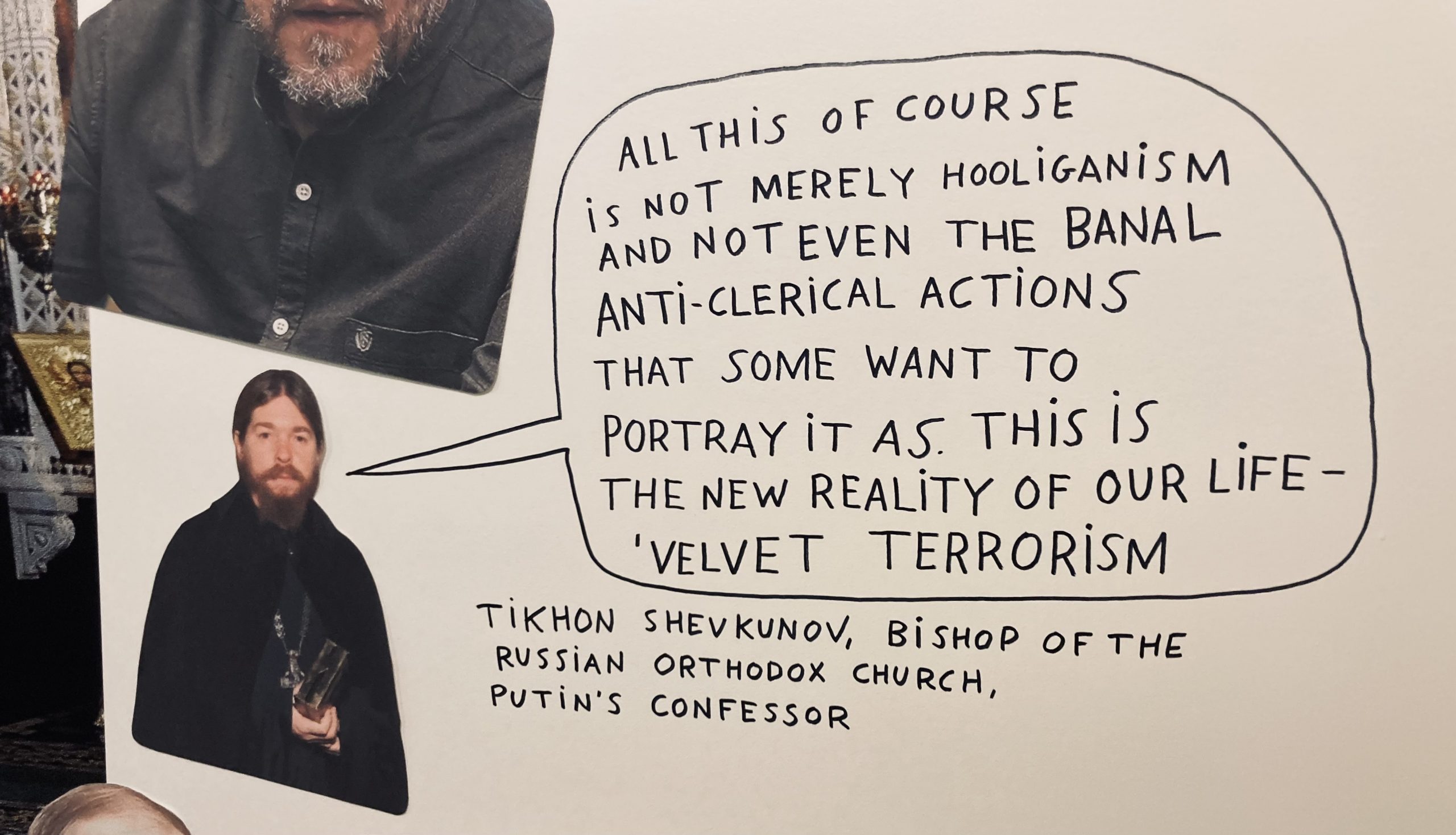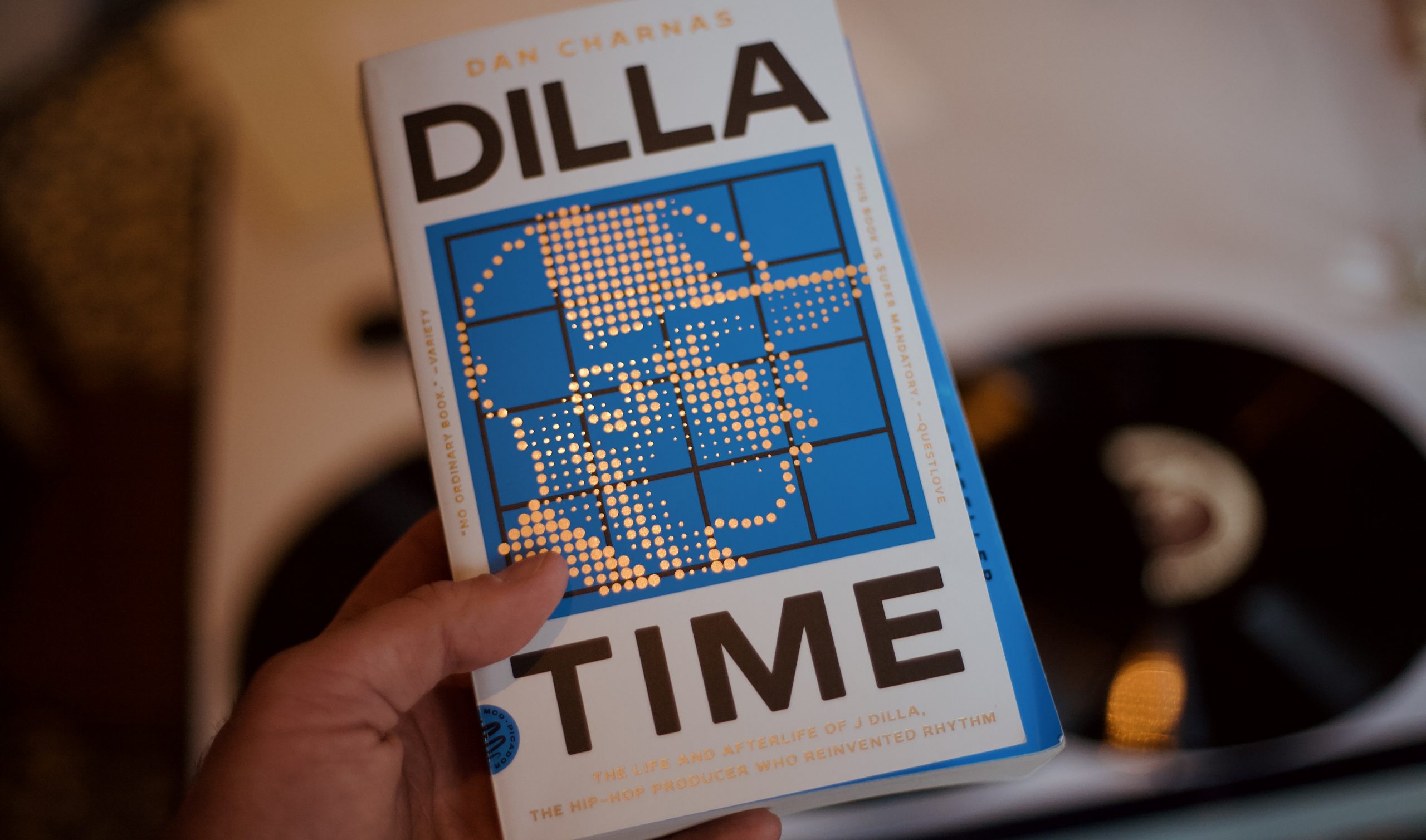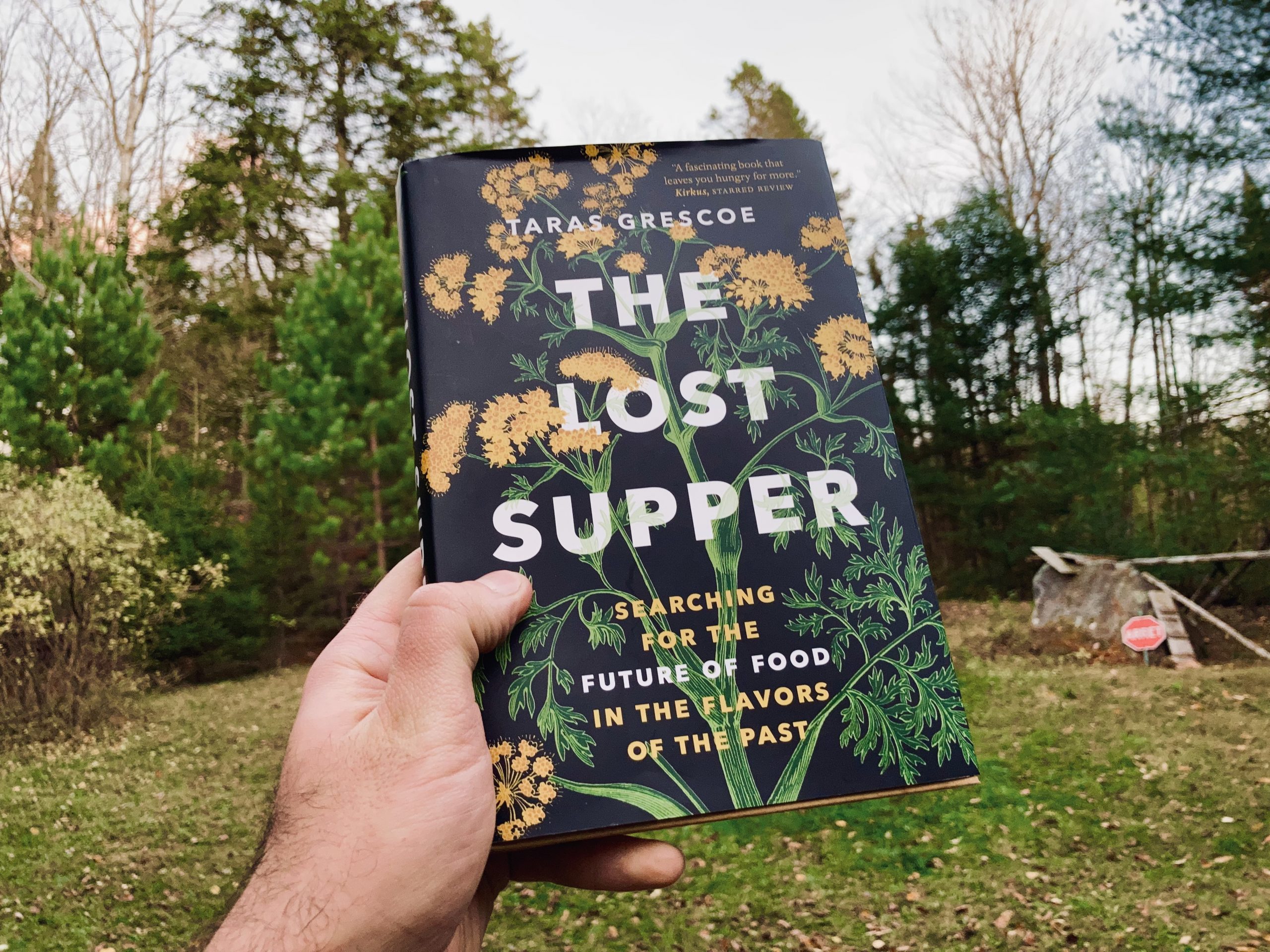I’m currently looking into high schools for my son, and start times are playing a larger role than expected. Many are too early for us to be able to get there on time without waking at an unreasonable hour. According to sleep researcher Dr. Matthew Walker, early school start times are increasingly common, as he writes in his book Why We Sleep:
A century ago, schools in the US started at nine a.m. As a result, 95 percent of all children woke up without an alarm clock. Now, the inverse is true, caused by the incessant marching back of school start times—which are in direct conflict with children’s evolutionarily preprogrammed need to be asleep during these precious, REM-sleep-rich morning hours.
Many schools start at 8:00am, or sometimes even earlier. Some of these otherwise great schools have dropped far down our list because of their unreasonable start times.
Levels of ADHD have been rising steadily around the world. This might seem unrelated, but according to Walker, sleep deprivation symptoms are often indistinguishable from those of ADHD.
If you make a composite of these [ADHD] symptoms (unable to maintain focus and attention, deficient learning, behaviorally difficult, with mental health instability), and then strip away the label of ADHD, these symptoms are strongly overlapping with those caused by a lack of sleep. Take an under-slept child to a doctor and describe these symptoms without mentioning the lack of sleep, which is not uncommon, and what would you imagine the doctor is diagnosing the child with, and medicating them for? Not deficient sleep, but ADHD.
More research is needed, as correlation does not mean causation, but the possibility that some of the rise in ADHD can be attributed to early school times is intriguing. As someone who is both bad at sleep, and diagnosed with ADHD, these passages are making me think hard about my own experiences in childhood with ADHD medication, which I absolutely hated and stopped after a couple of days.




